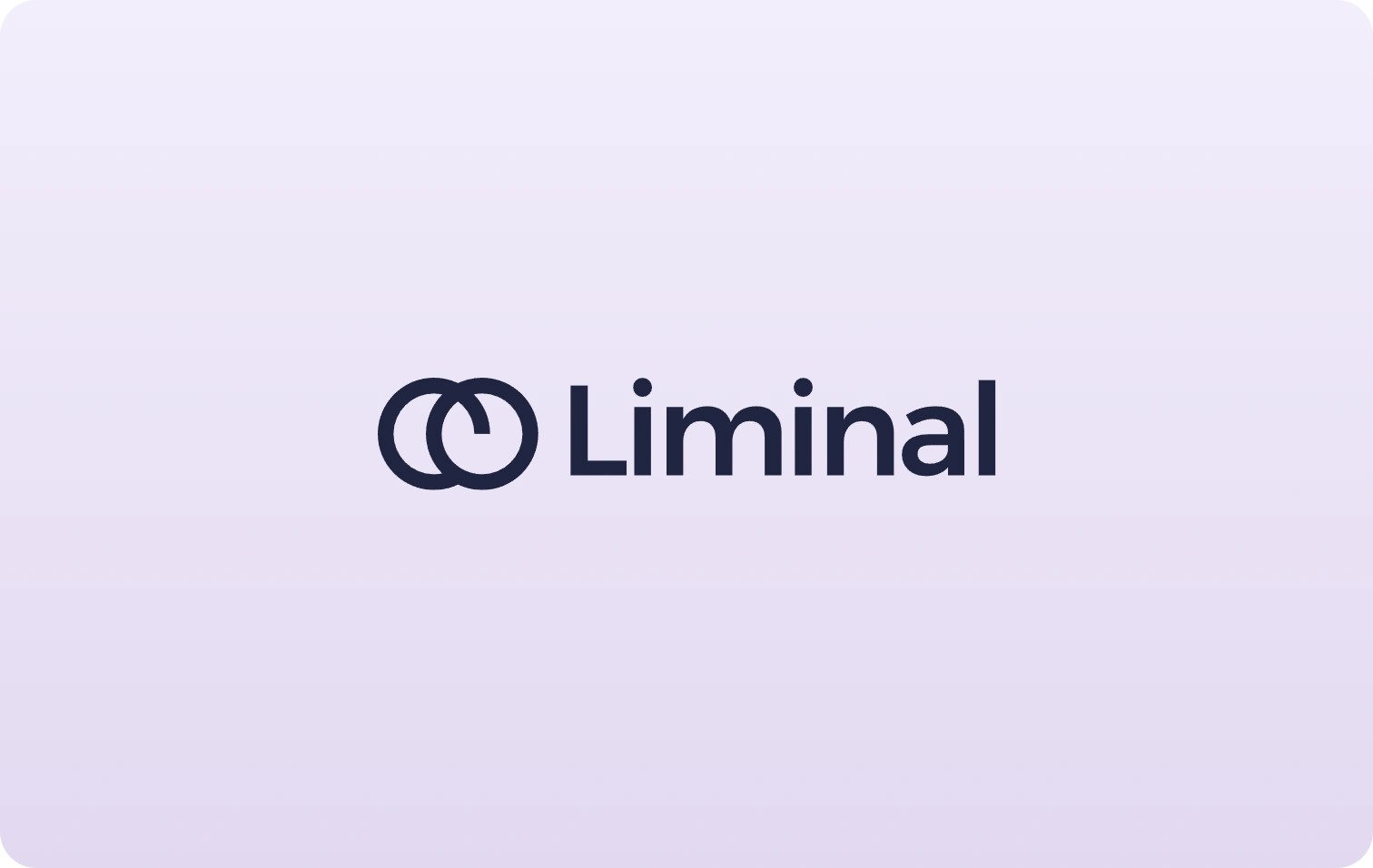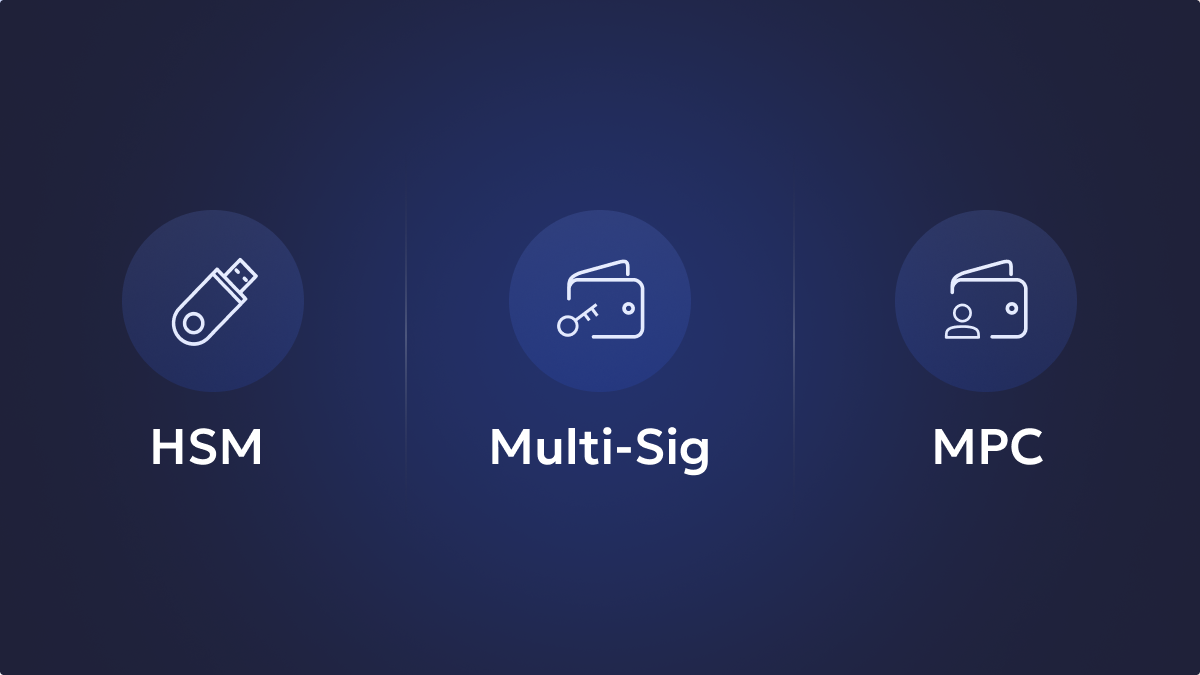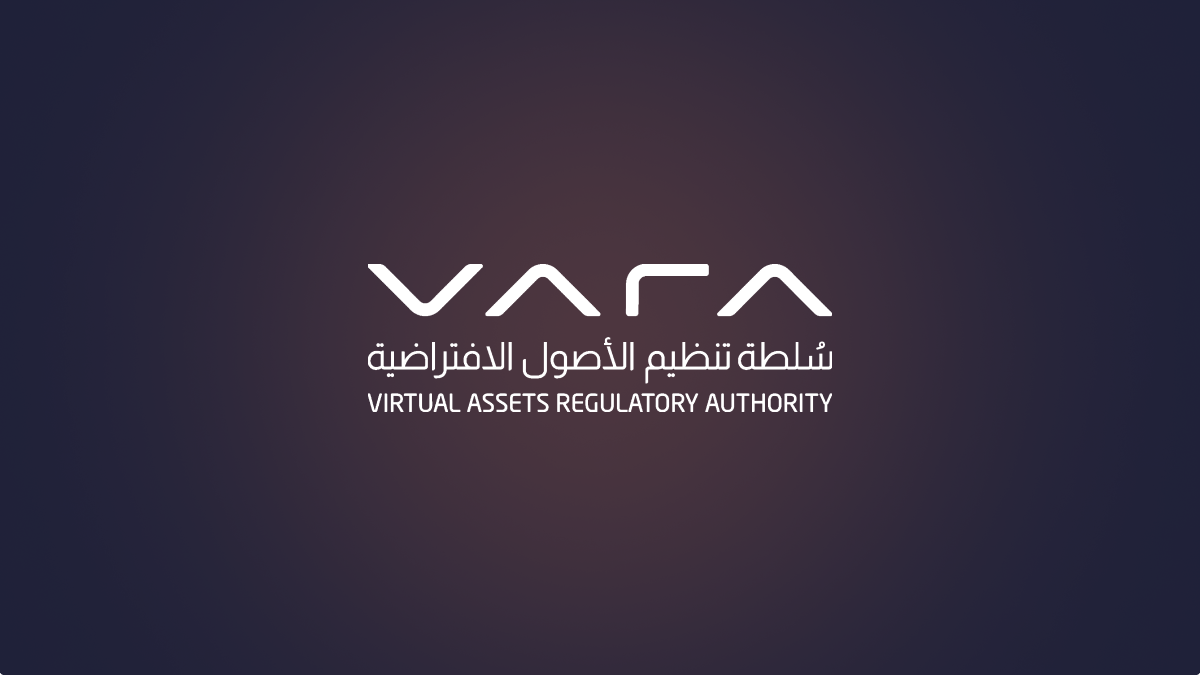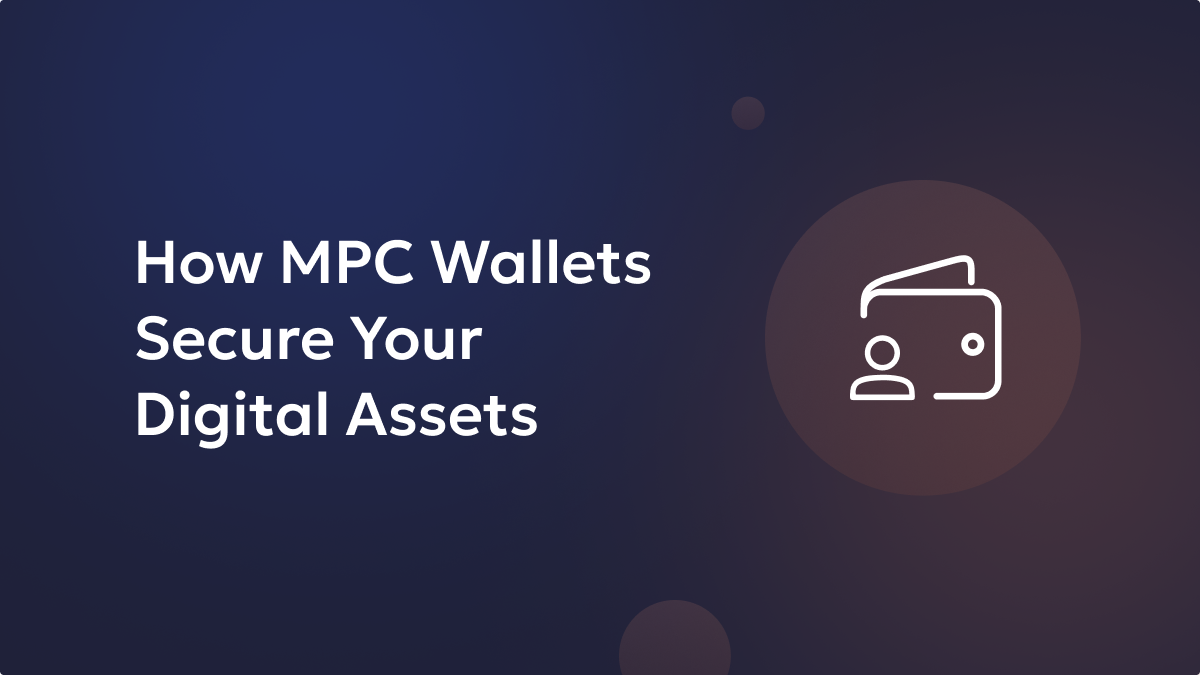Safe, an inclusive platform bringing diverse users, developer communities, and DeFi marketplaces together, is now donning Liminal’s cape. What does that signify, though? How can you make use of its advantages? Well, this blog is a deep dive to address all of your questions!
For those still unfamiliar with Safe, it is a chain designed for Ethereum-based platforms to build EVM-compliant DeFi products. The network utilises three platforms, including Apollo (for token creation), DutchX (for token auction) and Safe Wallets (for storage of Ethereum-based assets).
Despite the great offerings of Safe, platforms building on it were facing some key challenges with their wallet infrastructure and operations. Liminal’s superpowers are an attempt to ensure that when you choose Safe, you will never have to face the same problems again.
Unlock the potential of digital assets for your institution
It’s time to fathom Liminal’s support, which aids Yield Aggregators, Exchange Platforms, DAOs, Safe, etc., in various ways.
How Liminal enables yield aggregators to automate their wallet architecture using multi-signature wallets?
A DeFi platform often uses Safe to store its assets in cold wallets and a deployer wallet to interact with various DeFi protocols. These deployer wallets are single-signature browser wallets and can lead to a single point of failure. Through a web browser wallet, these deployer wallets subsequently distribute funds for various yield-generation strategies.
Additionally, the DeFi platforms perceive Safe as a basic multi-sig wallet that can only be utilised for the cold storage of coins. They employ the single signature browser wallet for all automation, as deploying HSM-based server-side keys on a Safe is complicated.
We at Liminal have solved the core problem here with our APIs and SDKs that allow you to deploy server-side HSM keys on Safe. Thereby allowing you to use Safe to carry out all automation and DeFi transactions.
Secure and manage your digital assets with Liminal
You just need to plug in Liminal’s APIs and SDKs and convert your Safe from a basic cold wallet to an efficient and secure hot wallet. You can easily move your entire wallet operations on Safe, including wallets from all temperatures — cold, warm and hot.
By doing this, your entire wallet architecture transitions to multi-signature, removing single points of failure and enhancing the reliability and security of wallet operations.
Why do exchanges need to move their entire wallet operations to Safe? And how Liminal makes it possible?
Conventionally, exchanges manually transfer funds from their warm wallets to hot user withdrawal wallets. Very inefficient and time-consuming! Besides, they have different use cases for different protocols.
For instance, they employ a customised single-sig wallet for Ethereum hot user withdrawal wallets because multi-signature wallets end up being more expensive and inefficient. For UTXO chains, it is done via Electrum wallets which, again, is a separate wallet infrastructure. Undoubtedly, very inefficient as it requires considerable operational machinery to execute wallet operations.
It is thus imperative that exchanges choose automation and shift their wallet operations to the Safe. Using Liminal’s APIs and SDKs, Exchanges can create millions of virtual deposit addresses with automated sweeping and consolidation on Safe. Besides, Liminal also supports an automated Wallet Refill Process where the entire refill process is automated with a set of features on Safe. To learn more about Liminal’s Smart Refill Wallet, click here.
How DAOs can automate their payments on Safe with Liminal?
DAOs get many recurring payments, such as salaries and grants, that must be manually signed and sent. These manual payments consume a significant amount of time and result in operational inefficiency. With Liminal’s schedule transaction feature, DAOs can schedule transactions by partially signing them.
The native policy layers of Safe allow you to define several sets of policy layers, including
- Whitelisting addresses
- Transaction Wise Limit
- Velocity Wise Limit
Moreover, Liminal allows you to integrate the Slack/Discord channels where you can view regular updates on all transactions. With the use of these functionalities, recurring transactions are subject to stringent controls, and payments to arbitrary addresses are prevented.
How Liminal automates Safe transactions using the Schedule Feature?
A typical wallet configuration of a client’s Safe wallet on Liminal has the majority of the keys being controlled by the client and one key controlled by Liminal. The client initiates and partially signs transactions. These transactions sit under the partially signed queue and are not triggered until the defined event occurs.
Once the defined event occurs, the Liminal key verifies the trigger and provides the final transaction and broadcasts the transaction. Projects use this feature to schedule any type of transaction and can reduce manual operations by ~90%. For example, Exchanges use this to automate their hot wallet refill transactions, whereas DAOs use this feature to automate their recurring transactions like salary payments.
Our simple SDKs and APIs allow projects to build automated Web3 applications faster and more securely. Additionally, our secure and safe wallets with HSMs provide assurance of zero key leakage.
How do projects become more compliant using Liminal’s Regulatory Readiness Program built on top of Safe?
Compliance is paramount, especially in terms of wallet operations. The main regulations to meet are AML/Transaction Monitoring and the Travel Rule. Liminal has integrated the Safe wallets with TRM labs for AML and Notabene for Travel Rule.
Hence, Liminal has incorporated the Safe wallets with TRM labs for AML and Notabene for Travel Rule. To gain this built-in compliance from day one, projects can easily integrate Liminal’s API and SDK. There is no need to put any extra effort into compliance at their end.
Learn more about Liminal here.
Become #LiminalSecure today, and do not forget to follow our blog and social media channels to keep yourself updated.






